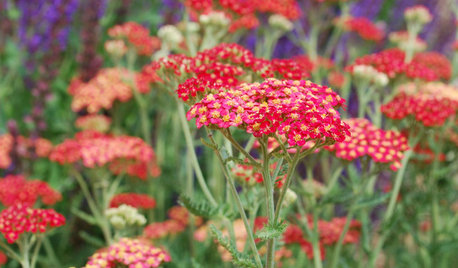Pear orchard Ph adjustment
kokos
13 years ago
Related Stories

KITCHEN PANTRIES80 Pretty and Practical Kitchen Pantries
This collection of kitchen pantries covers a wide range of sizes, styles and budgets
Full Story
GARDENING AND LANDSCAPINGWorld of Design: 10 Home Gardeners Show Us Their Sweet Summer Harvests
From New York to Tokyo, these gardeners have turned their yards, terraces and rooftops into places of bounty
Full Story
GARDENING GUIDESTexas Gardener's February Checklist
Show roses some love around Valentine's Day and set the stage for future garden growth with seeds and starts
Full Story






Michael
kokosOriginal Author
Related Professionals
Middle River Landscape Architects & Landscape Designers · Wixom Landscape Architects & Landscape Designers · Jackson Landscape Contractors · Aloha Landscape Contractors · Chesapeake Ranch Estates Landscape Contractors · Clearlake Landscape Contractors · Fort Mill Landscape Contractors · Fort Wayne Landscape Contractors · Hampton Bays Landscape Contractors · Haverhill Landscape Contractors · Lynwood Landscape Contractors · Miller Place Landscape Contractors · Ridgewood Landscape Contractors · Seminole Landscape Contractors · Tustin Landscape ContractorskokosOriginal Author
Michael
kokosOriginal Author
kokosOriginal Author
Michael
kokosOriginal Author
Michael
kokosOriginal Author